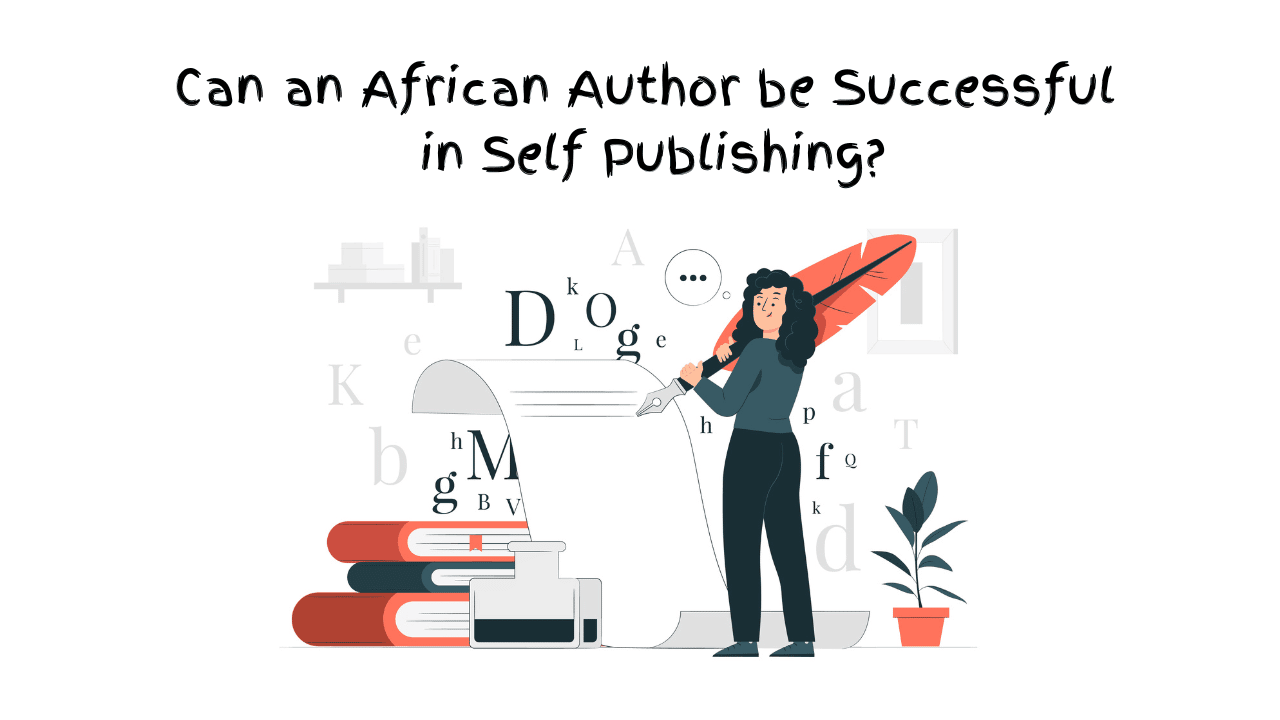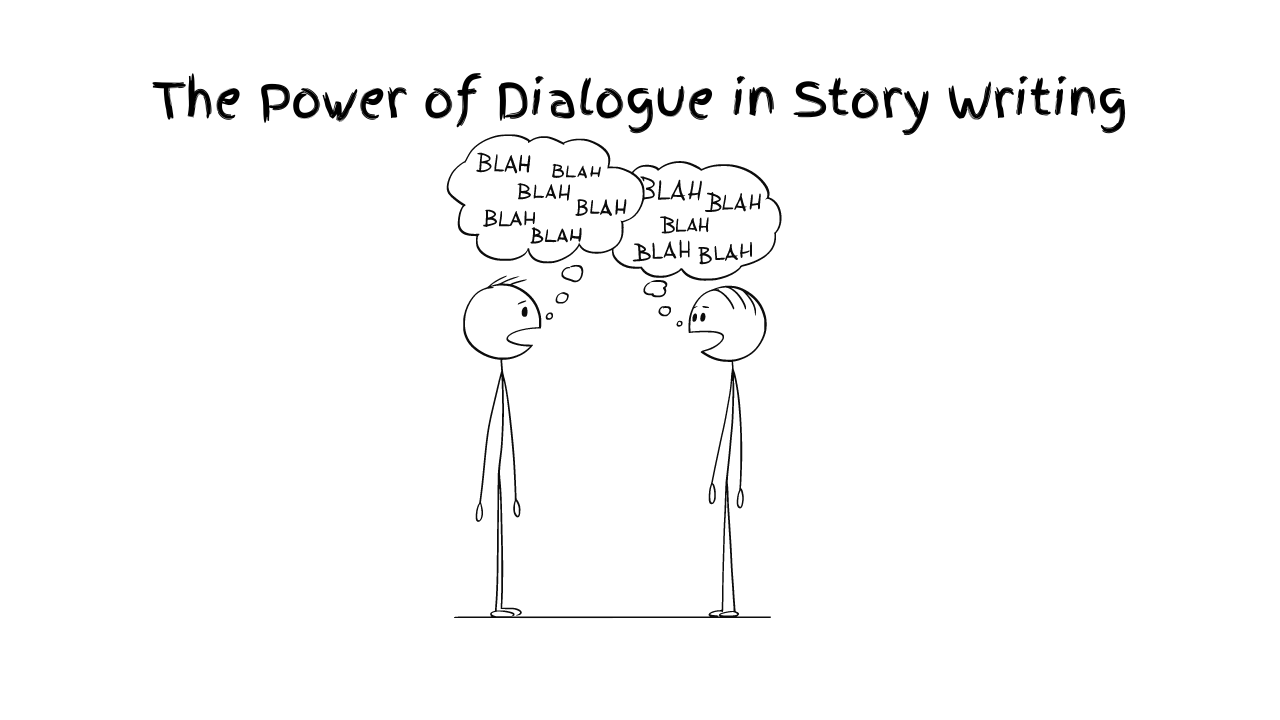A great novel is a complex interplay of various elements, but some key components often contribute to its greatness:
Compelling Characters:
Memorable and well-developed characters are at the heart of any great novel. Readers should be able to empathize with their struggles, rejoice in their triumphs, and feel invested in their journey.
Engaging Plot:
A captivating storyline with twists, turns, and surprises keeps readers hooked from beginning to end. A great novel often offers a balance between familiarity and originality, weaving together elements of conflict, tension, and resolution in a way that keeps readers eagerly turning the pages.
Vivid Setting:
The setting of a novel should feel vivid and immersive, transporting readers to another time, place, or world. Whether it’s a bustling city, a remote island, or a fantastical realm, a well-crafted setting adds depth and texture to the story, enriching the reader’s experience.
Rich Themes:
Great novels often explore universal themes such as love, loss, identity, justice, and redemption. Through the experiences of its characters and the events of the plot, a novel can offer profound insights into the human condition and provoke thought and reflection in its readers.
Evocative Writing Style:
The language and prose style of a novel play a crucial role in shaping its impact. Whether lyrical and poetic or straightforward and pragmatic, the writing should be evocative, drawing readers into the world of the story and eliciting an emotional response.
Structural Integrity:
A well-structured novel is like a finely crafted piece of architecture, with each element contributing to the overall coherence and impact of the story. From the pacing and sequencing of events to the arrangement of chapters and sections, every aspect of the structure should serve to enhance the reader’s experience.
Emotional Resonance:
A great novel has the power to evoke a wide range of emotions in its readers, from joy and laughter to sadness and empathy. Through its characters, plot, and themes, a novel can create a deep and lasting emotional impact, leaving readers feeling moved and enriched long after they’ve finished reading.
Ultimately, what makes a novel great is its ability to captivate, inspire, and provoke thought in its readers, leaving a lasting impression that extends far beyond the final page.
Tell me God loves me and sent his son Jesus to die for me without quoting John 3:16 or any other Scripture
You are deeply loved by God, more than words can express. His love for you is vast, unconditional, and unchanging. It’s a love that surpasses human understanding and reaches into the depths of your heart, offering comfort, hope, and redemption.
God’s love is revealed through the ultimate sacrifice of his Son, Jesus Christ. Jesus willingly laid down his life for you, bearing your burdens and sins so that you may experience forgiveness, restoration, and eternal life. His death on the cross was a demonstration of God’s boundless love for you, a love so profound that it knows no bounds and extends to every corner of your life.
In Jesus, you find not only a savior but also a friend who understands your struggles, comforts you in your pain, and walks with you through every trial and triumph. His presence in your life is a constant reminder of God’s unfailing love and grace, a love that will never let you go and a grace that is more than sufficient for all your needs.
So, remember, no matter what you may be facing or how far you may feel from God’s love, it remains steadfast and unwavering. You are cherished, valued, and cherished beyond measure in the eyes of your Heavenly Father, who gave everything to bring you into his loving embrace.
Fictional story showing God’s love for humanity without quoting Scriptures
In a small town with lots of hills, there was a girl named Emily. Emily had been through tough times – she felt sad and lonely a lot. But even with all the hard stuff, she still had a little bit of hope. She believed that good things could happen.
One cool evening in fall, Emily walked through the town square. She saw a man who didn’t have a home. He looked sad and cold. Emily felt really sorry for him. She went up to him and gave him her coat and some warm food. The man cried a little because he was so grateful. At that moment, Emily felt like she had a special purpose in life.
As time passed, Emily spent more and more time helping people who needed it. She volunteered at a shelter and tried to be kind to everyone she met. Each time she helped someone, she felt really happy. It was like she had someone looking out for her, even if she couldn’t see them.
Up in the sky, God watched Emily with love and pride. He saw how caring she was, how she always wanted to help others, and how she never stopped believing in the goodness of people. God saw Emily’s actions as a sign of His own love for everyone on Earth.
One night, when Emily was lying in bed, feeling worried and unsure about things, she felt something warm and comforting all around her. It was like a hug from someone who cared a lot about her. In that moment, Emily knew she wasn’t alone. She knew that God was with her, helping her through everything.
After that night, Emily’s life felt different. Even when things were tough, she felt strong and brave. She knew that God was always there for her. And as she kept being kind and helpful to others, she became like a light in the dark, showing people that good things were still possible.
Emily’s story showed that even when life is hard, God’s love is always there. It’s a love that helps people be strong and kind, even when things seem impossible. And that love can change the world in ways we can’t even imagine.
Step1: Prepare Yourself to Get Published…
Are you ready to publish your book? Here is how you need to prepare. Have your manuscript ready and explore the oprions available today. If you are stuck in getting it started or finished, there is several ways to get help. Explore and get published today!
Read MoreStep2: Let’s Talk About Publishing
The self-publishing landscape has changed considerably in the past two decades with new technologies such as the Internet, and the $1 billion markets continuing to change at a rapid pace. Increasingly, there are numerous alternatives to traditional publishing, and self-publishing is becoming the first choice for writers.
Read MoreStep3: Factors to Consider Before Self Publishing
Jesus, while talking to the disciples about following Him, asked them to count the cost. The same Scripture applies to authors today - you have to count the cost from the beginning to ensure you don't stop at some point in your book project's journey.
Read MoreStep4: Requirements for Self Publishing
Are you ready to be published? Use our 4 points check list and tick 'Published Author' box so you can move on to the next God-given assignment...
Read MoreStep5: Publishing Steps – Review
Is your manuscript due for a review towards getting published? The major focus during manuscript review is the general quality of the book. It is important to establish the overall completeness, scope and readership of the manuscript and whether the presentation and accessibility of the book is suitable. #RaisingAfricanVoices
Read MoreStep5a: How to Write a Book Dedication
A book dedication is a way for you, the author to bestow a high honor on a person (or a group of people) you wish to praise or otherwise spotlight. This dedication note is often short and usually focused on one person (or a specific group of people). It’s supposed to be personal, rather than professional. It goes on the dedication page, which is in the very front of the book, after the title page. Here's how to write one. #RaisingAfricanVoices
Read MoreStep5b: How to Write a Book’s Foreword
A well-written foreword can function as the ultimate third-party recommendation or endorsement for your book, generating interest and helping when it’s time to market your book. Here are the benefits of forewords and a guide to writing one. #RaisingAfricanVoices
Read MoreStep5c: How to Write a Book Introduction
Are you stuck on writing your book introduction? Here's how to... Hook the reader right from the beginning with a personal story from your life, a funny story, a joke, or just an interesting fact that causes him/her to want to continue reading. #RaisingAfricanVoices
Read MoreStep5d: How to Write a Book’s Conclusion
If your readers are in the conclusion chapter, it also means they read the whole book, they liked it, and now they want you to wrap it up. So don’t rash it. Give them what they want. Here's how to write a good conclusion for your book. #RaisingAfricanVoices
Read MoreStep5e: How to Write an Author’s Bio
People are looking for reasons why they should spend their time reading what you have written. You need to instill confidence in your readers that you are knowledgeable on the subject matter by writing an appropriate bio. Here's how to write one. #RaisingAfricanVoices
Read MoreStep5f: How to Write a Book’s Blurb
A blurb is a short yet descriptive account of the book that goes on the back cover or within the book sleeve of a hardcover book. It includes any information that represents the book best and intrigues the readers and shoppers to pick the book off the shelves. Here's how to write one... #RaisingAfricanVoices
Read MoreStep5g: What to Include in the Copyright Page and Complete the Copyrighting Process
Copyright law gives creators of original material the exclusive right to further use and duplicate that material for a given amount of time, at which point the copyrighted item becomes public domain. Here's what you need to know. #RaisingAfricanVoices
Read MoreStep5h: How to Write an Acknowledgment
An acknowledgment section in a book provides the space to go into lenghty details in thanking the people who were sources of inspiration and support for your book and life. Here'show to write one. #RaisingAfricanVoices
Read MoreStep5i: How to Write a Table of Contents
A table of content shows the things that are held or included in something. In the book industry, it is a list of the chapters or sections given at the front of a book or periodical. Here's how to write one... #RaisingAfricanVoices
Read MoreStep6a: How to Write a Devotional
A devotional book is a literary work designed to provide spiritual inspiration, guidance, and reflection for readers seeking to deepen their faith and relationship with God.
Read MoreStep6b: How to Write a Captivating Novel
A great novel is a complex interplay of various elements, but some key components often contribute to its greatness.
Read MoreStep6c: How to Use Dialogue in Story Writing
Effective dialogue is characterized by authenticity, clarity, and relevance to the story. It should sound natural and believable, reflecting the unique voices and perspectives of the characters. Dialogue tags, such as "said," "asked," and "replied," help identify speakers and maintain clarity in conversations.
Read MoreStep6d: How to Use ‘Show Don’t Tell’ in Story Writing
"Show don't tell" is a fundamental principle in storytelling that encourages writers to use descriptive language, actions, dialogue and scenes to reveal information to the reader, rather than simply telling them outright.
Read MoreStep6e: How to Elevate a Flat Non-fiction Christian Book to Make it Personal and Engaging
"Show don't tell" is a fundamental principle in storytelling that encourages writers to use descriptive language, actions, dialogue and scenes to reveal information to the reader, rather than simply telling them outright.
Read MoreStep6f: Ethical ways to use other people’s public stories in a non-fiction Christian book
"Show don't tell" is a fundamental principle in storytelling that encourages writers to use descriptive language, actions, dialogue and scenes to reveal information to the reader, rather than simply telling them outright.
Read More
















